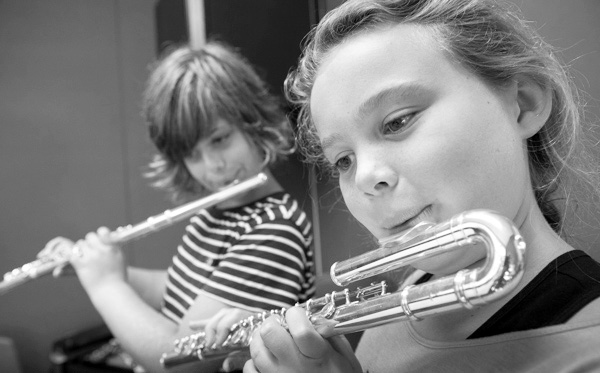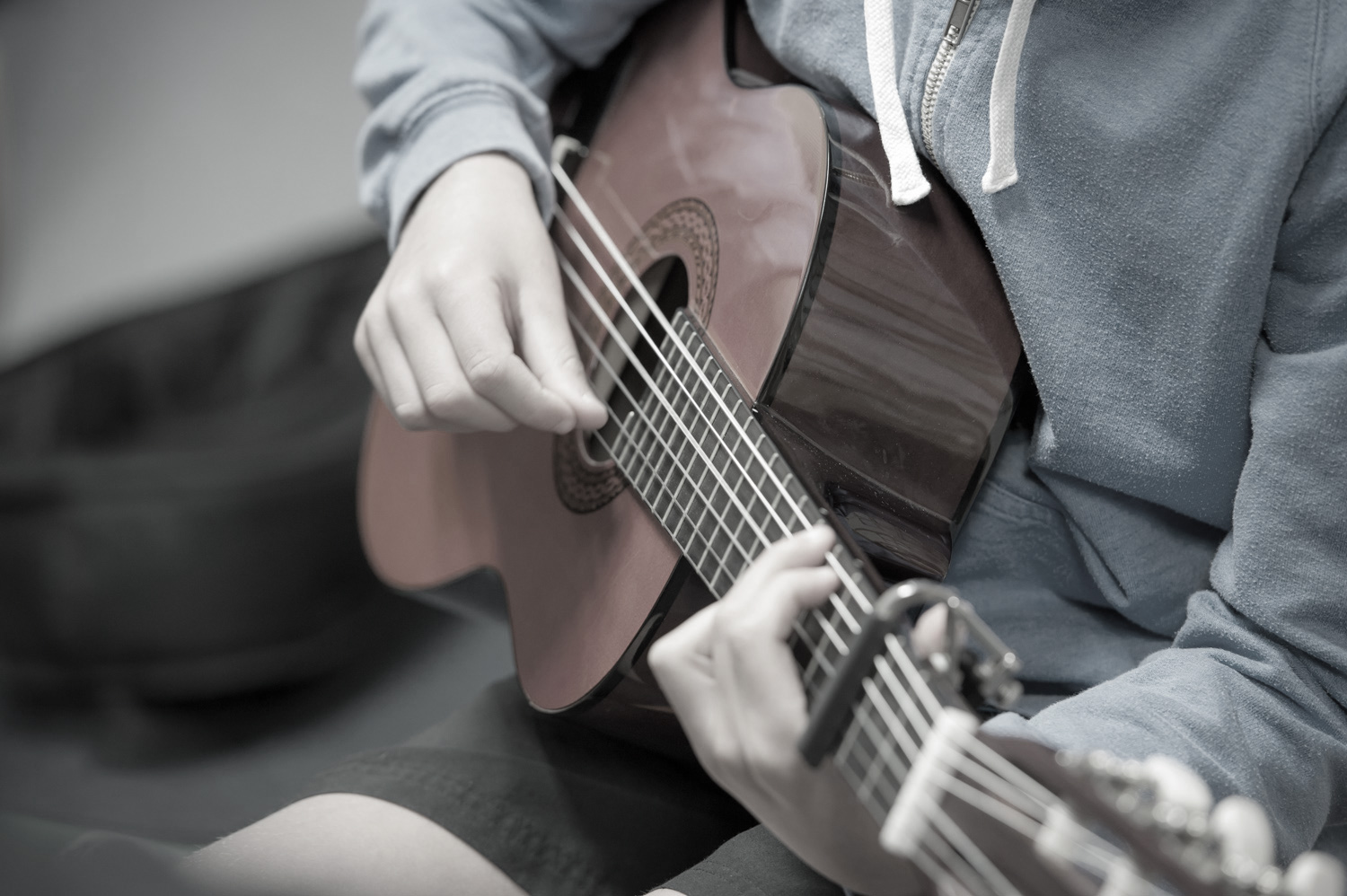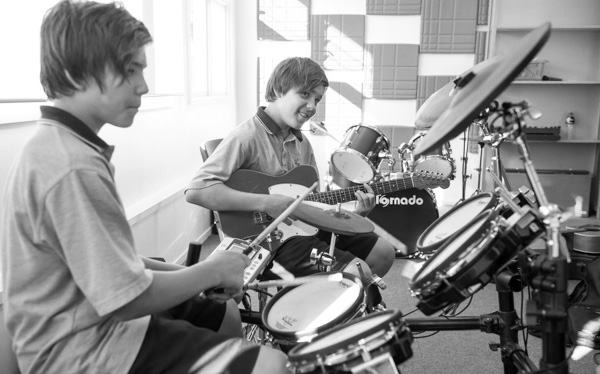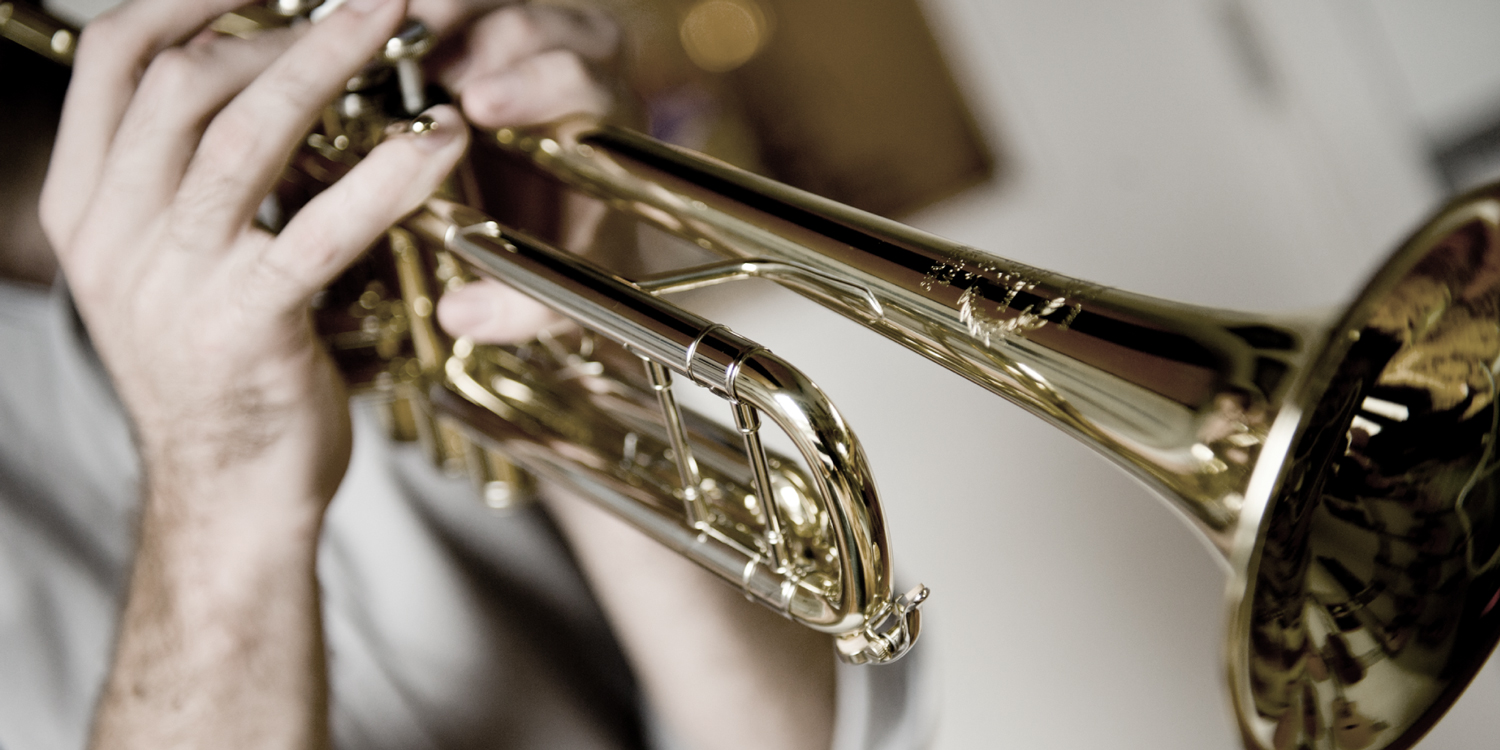How do you get your children to practice?
It's all about the feel good factor!
As at the beginning of any new journey, children will always be excited about their first music lesson. They’ll be prepared with new equipment (e.g. guitar, piano book or ukulele) and brimming with enthusiasm and a sense of excited anticipation about meeting their new teacher and getting started!
Learning anything new however goes beyond the lesson. What is learned in each session needs to be mastered at home – with practice, so that each week progress can be made.
For some children, practice is masterfully scheduled into daily activities right from the very first day and progress is swift. Sadly though, for many others, the ongoing battle of practice is the reason why parents put an end to their music lessons. Not without good reason. Nagging kids to do their practice isn’t fun for parent or child. And the practice that then takes place doesn't have the magic that self-motivated and self-initiated practice does.
Here are some tips that will keep you and your child on track for a great musical experience, swift progress - and no more nagging!
1. Get to know your child’s teacher. They will be the most influential force not only in your child’s musical experience each week but also in motivating them to play in between lessons i.e. at home. In the course of a year, a 30 minute weekly lesson equates to 20 hours of time that this person will spend with your child. Not insignificant! So, meet your child’s teacher. Tell them what motivates your child, what music they like to play or listen to. Equipping them with knowledge about your child’s special interests (and challenges too) will ensure that they as prepared as they can be to motivate your child to play both in lesson time and beyond.
2. Change the terminology. Replace the word 'practice' with 'play'! ‘What are you going to play for me today?’ will get an instantly better result that 'Have you done your practice?'
3. Always have the instrument handy. Don’t pack instruments away in their cases. Leave them out ready to play. A guitar ready to pick up and play, sitting somewhere highly visible begs to be played. We walk past our piano at home 100 times a day. It can't be ignored so is played regularly. Guitars, ukuleles, drum kits, trumpets, any instrument in fact can safely be left out unpacked and waiting for a player. It’s only when instruments are not played each day that they gather dust! And, of course if your child’s instrument is vocal, there should be no stopping them.
4. Make a family pact. Have your family agree to recognise the effort that goes into practice sessions and that no matter what sound is produced, never to criticise. The first year especially will produce some interesting and sometimes challenging sounds but they are all constructive and correcting mistakes is a valuable part of any learning process.
5. Split the practice session into bite size pieces. A 20 minute practice session is still 20 minutes if it is broken down into 2 x smaller 10 minute blocks. Concentration is more focussed in smaller sessions and psychologically it’s easier for a child to think about playing for 10 minutes – although once they start they will probably play for longer!
6. Allow your child to choose a piece to learn. Once the basics are learned, talk to your child’s teacher about allowing your child to have some input in the pieces they are learning. Given the opportunity to learn a piece they love or have a connection with motivates them tenfold.
7. Perform regularly. Remind your child that one performance has the same effect as three practice sessions!
The most important thing to remember in the early years is to celebrate the little steps. Just like learning to ride a bike, read a book or swim, feeling good about the little steps, being encouraged and celebrating achievements is the key to success!
Written by Miranda Rocca
Manager, Lewis Eady Music School (piano player and mother of four young musicians)




